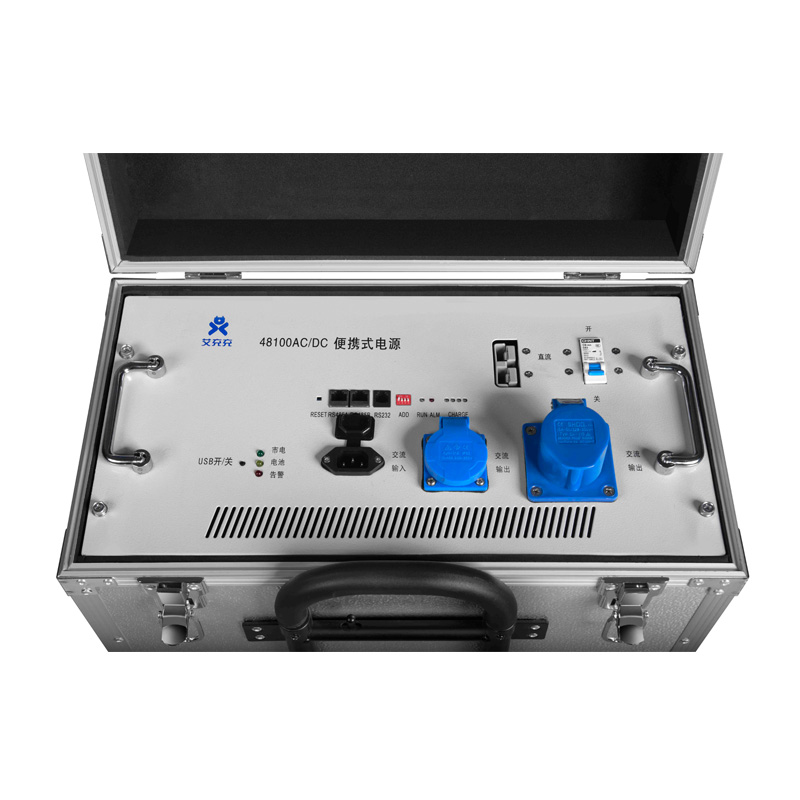
9 月 . 12, 2024 14:47 Back to list
BESS Energy Storage CE Certification | Reliable Energy Solutions
CE Certification for BESS Energy Storage Ensuring Safety and Reliability
In recent years, the demand for energy storage systems has grown significantly, driven by the global push towards renewable energy sources and the need for more resilient power systems. Battery Energy Storage Systems (BESS) play a crucial role in this transition, enabling efficient energy management, load balancing, and improved grid reliability. To ensure these systems meet safety, performance, and environmental standards, CE certification has become an essential requirement in the European market.
CE Certification for BESS Energy Storage Ensuring Safety and Reliability
The process of obtaining CE certification for BESS involves several critical steps. First, manufacturers must identify the applicable directives and standards that pertain to their specific products. This requires a thorough understanding of the regulations that govern the safety and functionality of energy storage systems. Next, manufacturers must conduct a risk assessment to identify any potential hazards associated with their products. This risk assessment forms the basis for the development of technical documentation that outlines the design, manufacturing process, and testing procedures used to ensure compliance.
ce certification bess energy storage

Following the risk assessment, manufacturers must perform a series of tests to evaluate the safety and performance of their BESS. Testing typically includes electrical safety tests, thermal stability tests, and performance evaluations under various load conditions. Additionally, manufacturers may need to engage with a Notified Body—an independent organization authorized by EU member states—to perform assessments and audits of their quality management systems. This third-party validation is often a critical component of the CE certification process.
Once all requirements have been met, manufacturers can affix the CE mark to their products, allowing them to be marketed in the European Economic Area (EEA). This not only enhances the credibility of the product but also provides a competitive advantage in a growing market. Furthermore, CE certification can help mitigate liability risks, as it signifies that the manufacturer has taken the necessary precautions to ensure the safety and reliability of their systems.
The importance of CE certification extends beyond compliance; it also drives innovation within the energy storage industry. As manufacturers work to meet and exceed the standards set forth by CE directives, they often invest in research and development to improve their products' efficiency, longevity, and safety features. This commitment to continuous improvement contributes to the overall advancement of energy storage technologies and helps facilitate the transition to a more sustainable energy landscape.
In conclusion, CE certification is a vital process for manufacturers of Battery Energy Storage Systems, ensuring that their products are safe, reliable, and compliant with European regulations. As the demand for energy storage continues to rise, the importance of adhering to these standards will only become more pronounced, paving the way for a more sustainable and resilient energy future. By prioritizing safety and quality through CE certification, the energy storage industry can better serve consumers and contribute to a greener planet.
-
FREMO Portable Power Station High-Capacity, Lightweight & Reliable
NewsMay.30,2025
-
24V DC Power Supply Certified & Efficient Home Depot Exporters
NewsMay.30,2025
-
12V 2A DC Power Supply for Home Depot Trusted Supplier & Exporter
NewsMay.29,2025
-
Energy Storage Power Station Solutions Reliable & Efficient Products
NewsMay.29,2025
-
Portable Power Station R100 High-Capacity & Reliable Backup Power
NewsMay.29,2025
-
Energy Management System EMS
NewsMar.07,2025


